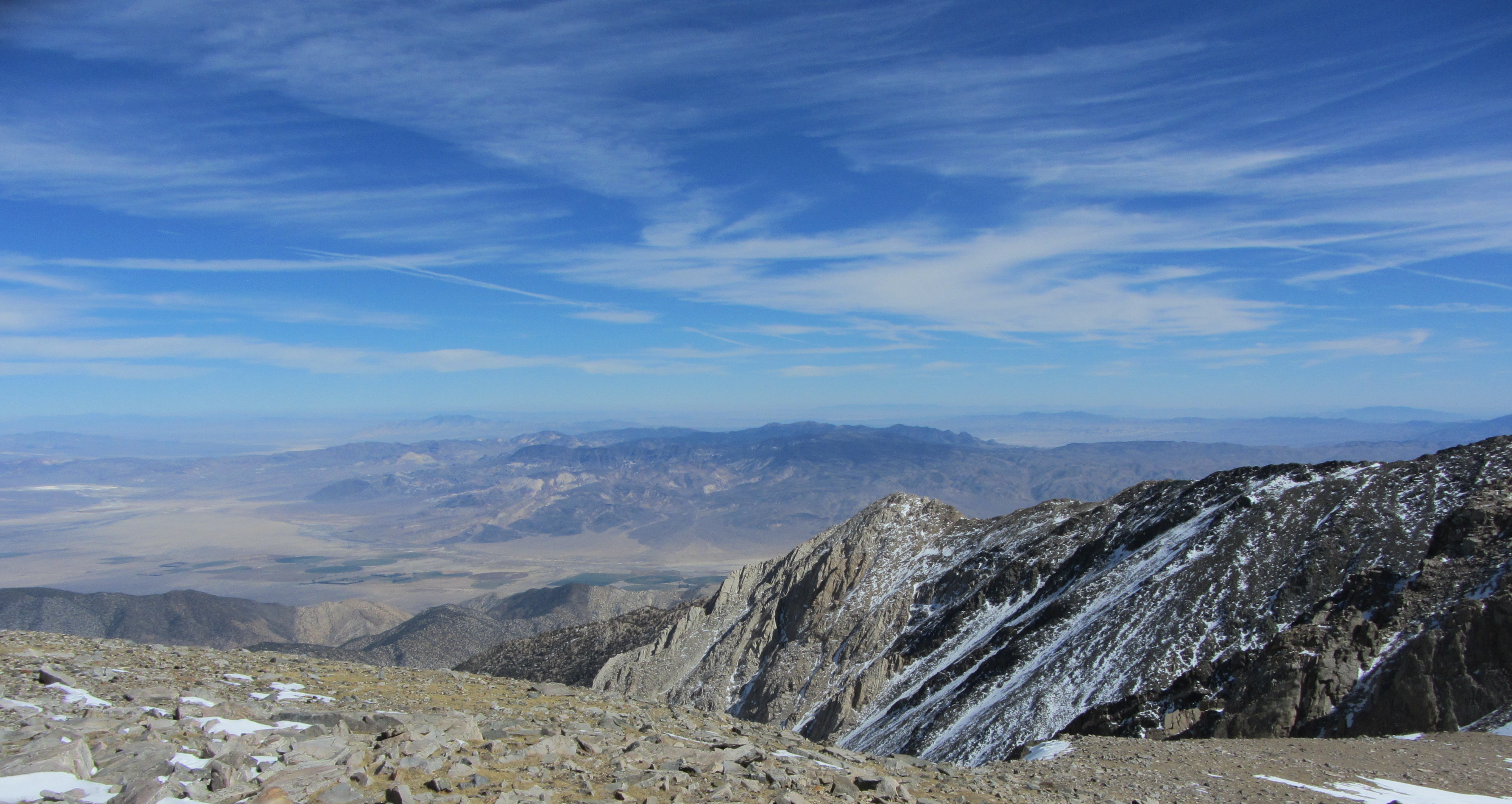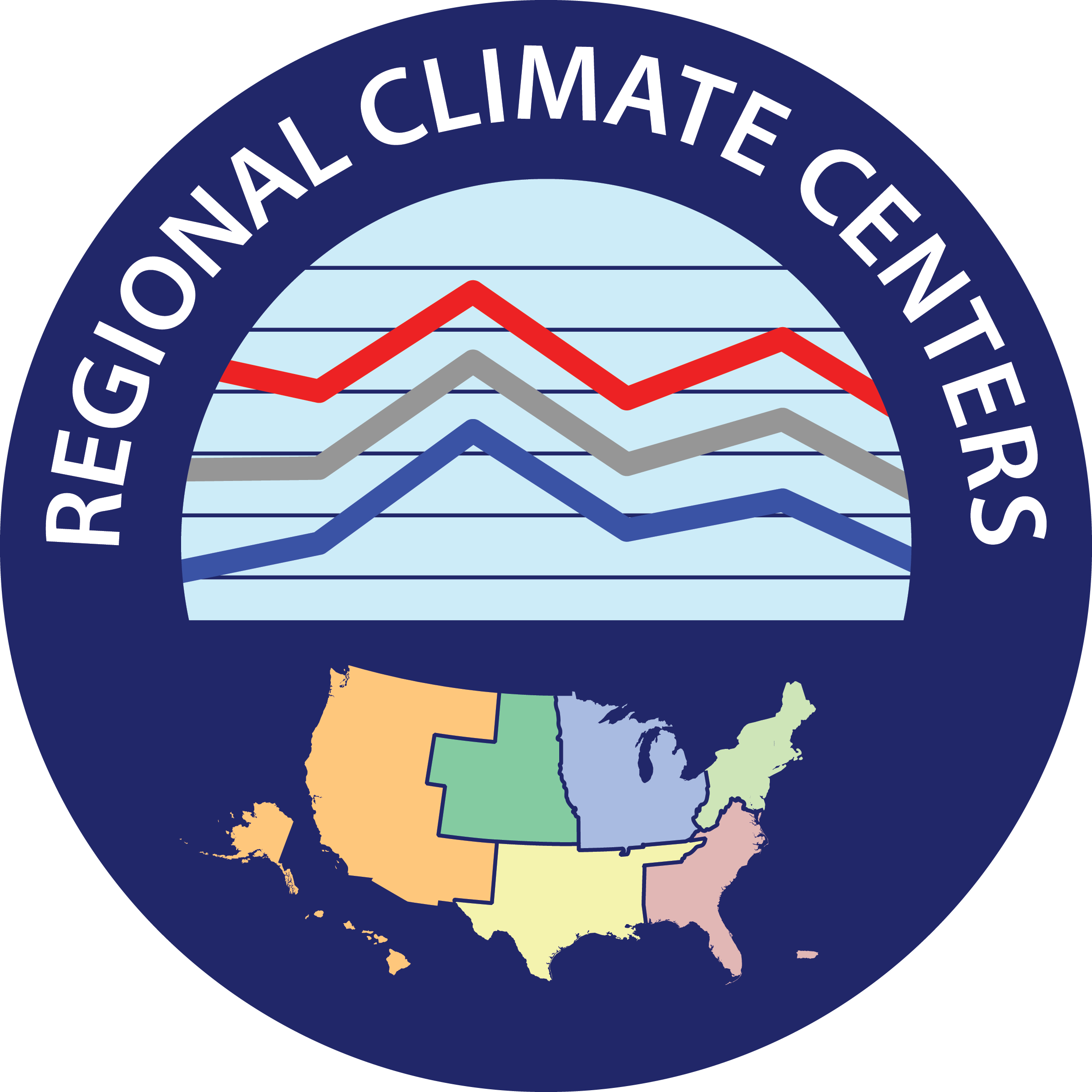About the Network
The University of California Natural Reserve System (UC NRS) Climate Monitoring Network was established through a grant (Award: DBI-0936048) from the National Science Foundation, Division of Biological Infrastructure, awarded to the University of California, Berkeley and the Western Regional Climate Center (WRCC) at the Desert Research Institute (DRI). The project entitled, Collaborative Research: A Climate Station Network for the UC Natural Reserve System, aimed to establish a network of 20 similar high quality long-term monitoring stations to enhance and compliment ecological research within an existing system of biological fields stations across California. This collaboration set out to join two centers of disciplinary expertise to complement and extend their respective missions. The UC NRS field stations have a long history of observations and research on the dynamics of ecological function and structure. The WRCC has extensive experience with climate observations and delivering climate services at national, regional, and state levels working with National Oceanic and Atmospheric Administration partners in the National Climatic Data Center, National Weather Service, the American Association of State Climatologists, the Regional Sciences and Assessment Program, and the Department of Interior Climate Science Centers and Landscape Conservation Cooperatives.
Network Design
The 20 climate monitoring stations in the network were designed to provide high quality, long term baseline data at carefully selected site locations within the reserves. Considerations in selecting the 20 reserves included:
- active biological monitoring and research,
- availability of historical biological and climatic time series data,
- availability of network communications access,
- physical access for deployment and maintenance,
- presence of suitable physical exposure, and
- site security.







